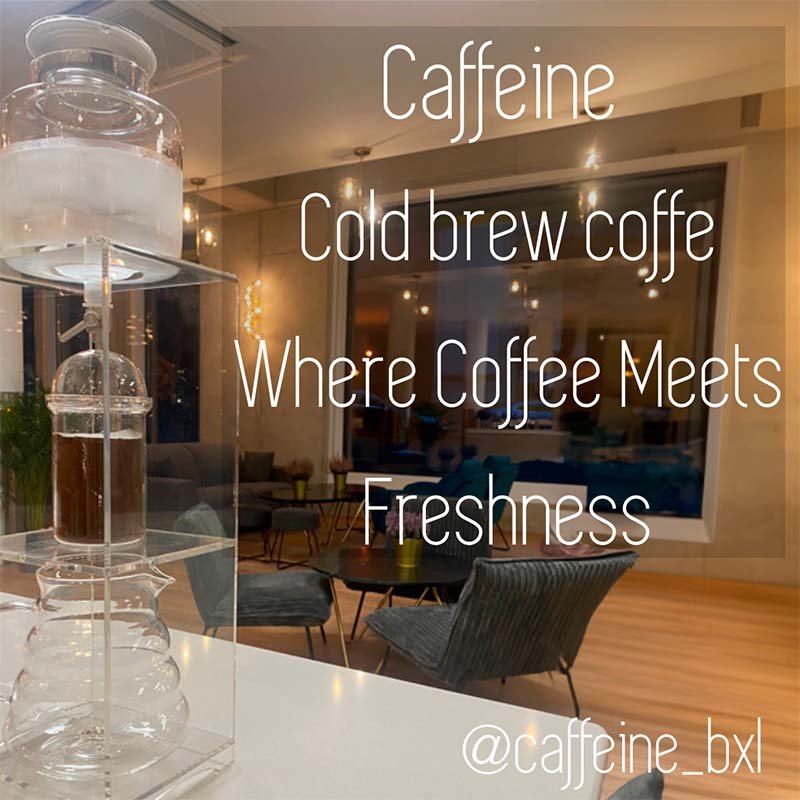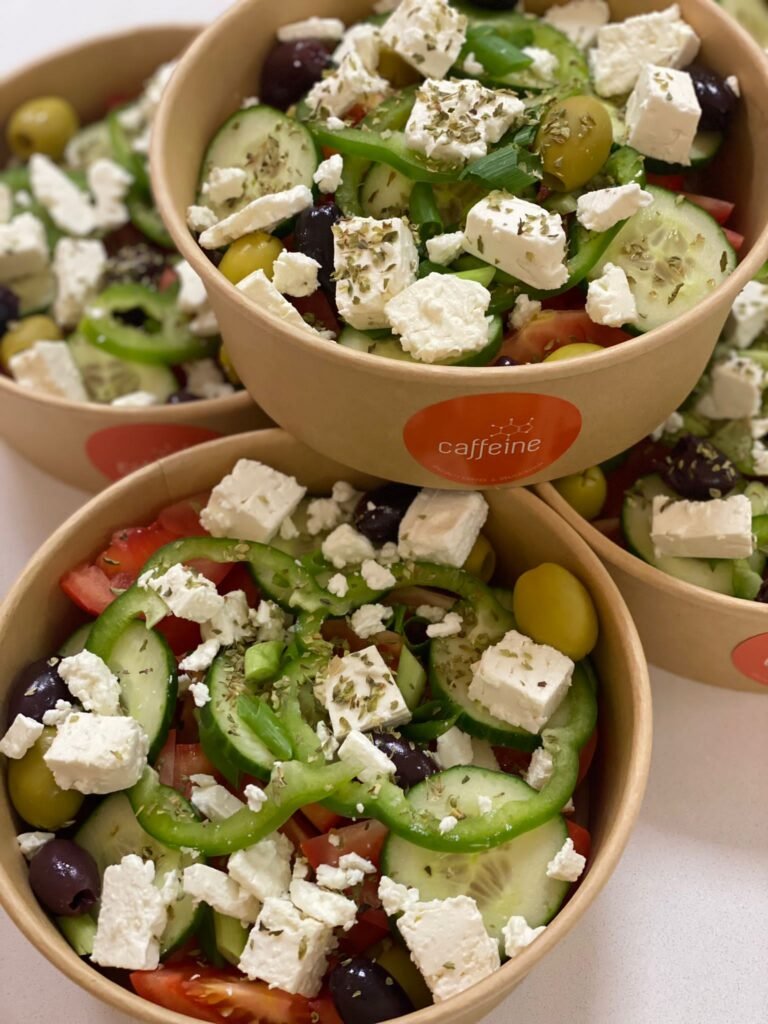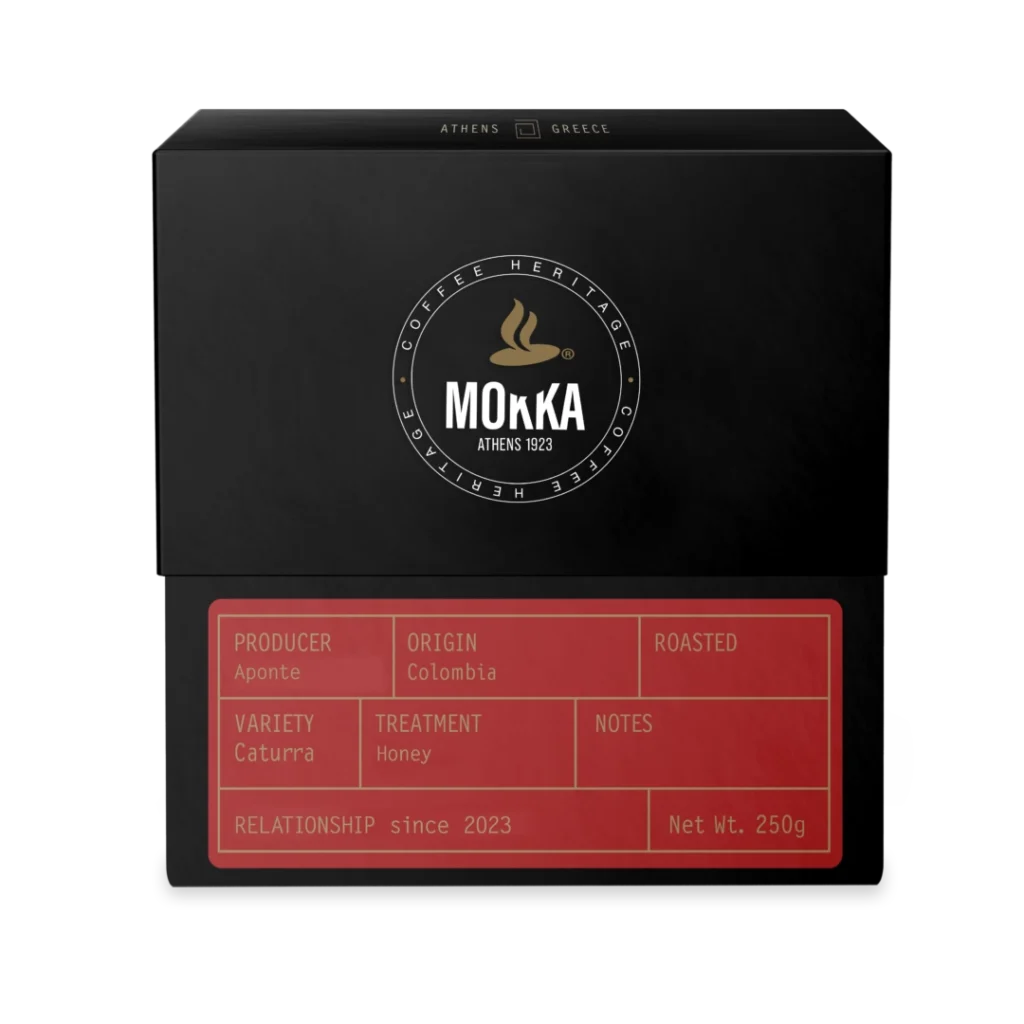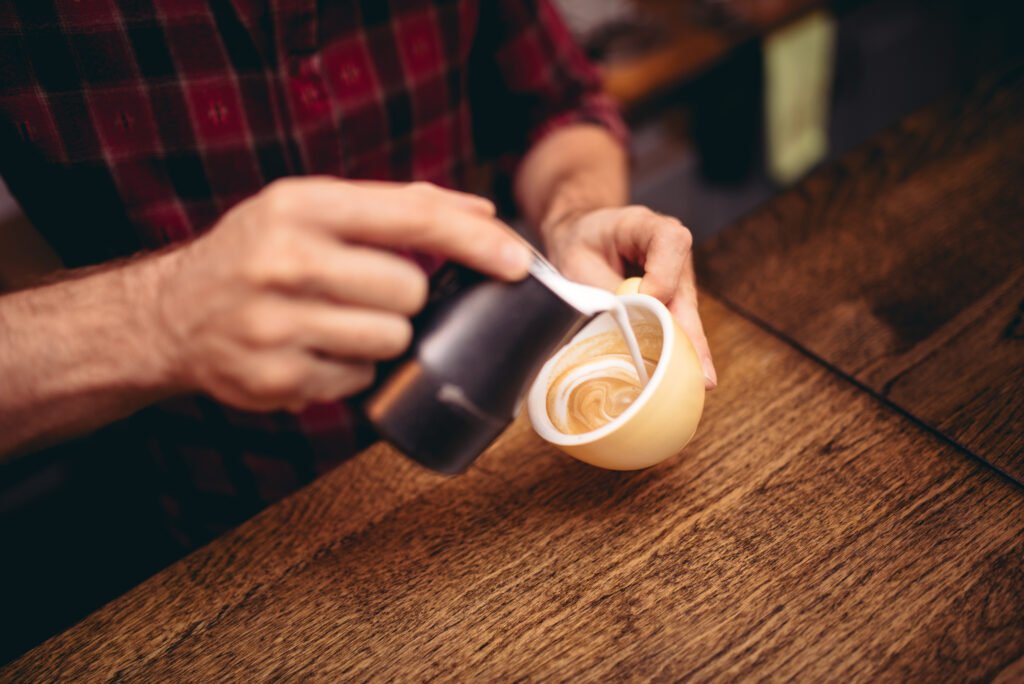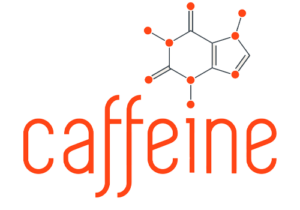The Rise of Cold Brew Coffee: A Refreshing Trend in the Coffee World
Introduction to Cold Brew Coffee
Cold brew coffee, distinct from its iced and hot counterparts, has gained significant popularity in recent years. This brewing method involves steeping coffee grounds in cold water over an extended period, usually 12 to 24 hours. The result is a coffee concentrate that is smoother, less acidic, and can be served cold or over ice.
The Brewing Process: How Cold Brew is Made
Selecting the Right Beans
For cold brew, choosing the right coffee beans is crucial. Medium to dark roast beans, known for their bold flavors, are often preferred. The choice of bean affects the flavor profile of the cold brew, with some opting for single-origin beans for a distinct taste.
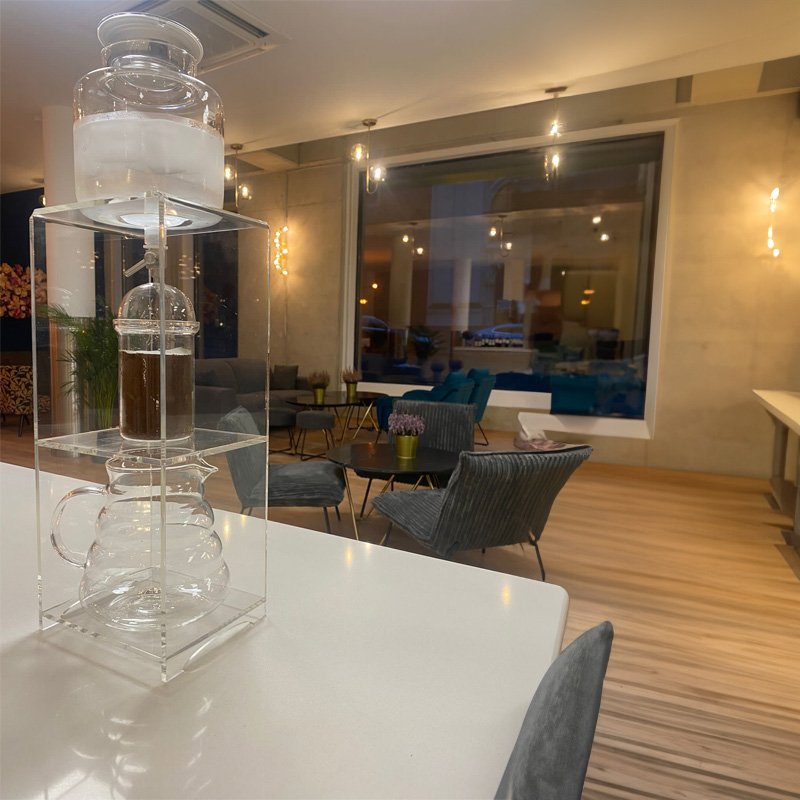
Grinding and Steeping
The coffee beans are ground coarsely, similar to the consistency used for French press coffee. This coarse grind prevents over-extraction and bitterness. The grounds are then steeped in cold water, typically in a ratio of 1:8 (coffee to water). This slow infusion process extracts the flavors, oils, and caffeine from the beans.
Filtration and Serving
After steeping, the mixture is filtered to remove the coffee grounds. The resulting concentrate can be diluted with water or milk to taste. Cold brew can be customized with various additions like syrups, spices, or even nitrogen infusion for a creamy texture.
Health Benefits and Caffeine Content
Lower Acidity and Digestive Benefits
Cold brew coffee is known for its lower acidity compared to hot brewed coffee. This makes it a gentler option for those with sensitive stomachs or acid reflux issues.
Caffeine Levels
Despite common misconceptions, cold brew can contain more caffeine than hot coffee. This is due to the long steeping process and the high coffee-to-water ratio used in brewing.
Cold Brew vs. Iced Coffee: Understanding the Difference
Iced coffee is simply hot brewed coffee that’s cooled down and served over ice. This process can sometimes lead to a more acidic and diluted taste. Cold brew, on the other hand, never encounters heat, resulting in a different flavor profile and less acidity.
The Environmental Impact of Cold Brew
The cold brewing process is energy-efficient as it requires no electricity or heat. However, it typically uses more coffee grounds than hot brewing, which could have implications for waste and sustainability.
Cultural and Social Aspects of Cold Brew
The Rise in Popularity
Cold brew has become a staple in coffee shops and home kitchens alike, especially appealing during warmer months. Its popularity can be attributed to its refreshing taste and the growing trend of artisanal and craft beverages.
DIY Cold Brew: A Trend Among Coffee Enthusiasts
The simplicity of the brewing process has made DIY cold brew a popular activity for coffee enthusiasts. It allows for experimentation with different beans, brewing times, and flavor additions.
Discover the Charm of Caffeine BXL: A Haven for Cold Brew Coffee Lovers
One of the best places to enjoy an exceptional cup of cold brew coffee is at Caffeine BXL, located at Rue Van Maerlant 13, 1040 Etterbeek in Brussels, Belgium. This charming café stands out not only for its premium quality coffee but also for its superb location. Nestled in the heart of Brussels, it’s easily accessible and offers a delightful escape from the hustle and bustle of the city.
The ambiance at Caffeine BXL is another aspect that makes it a must-visit destination for coffee lovers. The café boasts a warm and inviting atmosphere, making it the perfect spot to relax, work, or catch up with friends. Whether you’re a local or a tourist, the cozy environment combined with the aroma of freshly brewed coffee creates a memorable and enjoyable experience.
What truly sets Caffeine BXL apart, however, is the exceptionally friendly and personal service provided by its staff. The team at Caffeine BXL goes above and beyond to ensure each visitor feels welcomed and taken care of. Their knowledgeable baristas are always ready to share insights about their coffee offerings, including their exquisite cold brew, making every visit educational and enjoyable.
Whether you’re looking to indulge in a perfectly steeped cold brew or simply seeking a pleasant spot to unwind, Caffeine BXL, with its ideal location, delightful ambiance, and warm service, is undoubtedly a top choice. You can reach out to them at 0032 (0)2 380 66 80 or via email at info@caffeinebxl.com for more information or to reserve a spot for your next coffee adventure.
Conclusion
Cold brew coffee, with its distinct brewing method and unique flavor profile, represents a refreshing and versatile trend in the coffee world. Its lower acidity, potential health benefits, and the joy of customizing it to personal tastes make it a popular choice for coffee lovers. As cold brew continues to evolve, it will undoubtedly remain a significant part of the global coffee culture.
FAQs About Cold Brew Coffee
The steeping time for cold brew coffee is crucial for achieving the best flavor. Generally, it’s recommended to steep your coffee for about 12 to 24 hours. The longer you steep, the stronger and more pronounced the flavor becomes. However, steeping beyond 24 hours might lead to an overly bitter taste. So, it’s a balancing act based on your flavor preference.
Yes, you can use any coffee beans for making cold brew coffee, but the choice of beans can significantly affect the taste. Typically, medium to dark roast beans are preferred as they yield a smoother, sweeter brew with less acidity. Single-origin beans are great for highlighting unique flavor notes, while blends can offer a balanced and consistent taste.
The primary difference between cold brew and iced coffee lies in their brewing methods. Cold brew is made by steeping coffee grounds in cold water for an extended period, typically 12-24 hours, resulting in a smooth, rich flavor. Iced coffee, on the other hand, is essentially hot brewed coffee that’s cooled down and served over ice, which can sometimes result in a more acidic and bitter taste.
To make cold brew coffee without special equipment, all you need is a jar, your coffee grounds, water, and a strainer. Combine coffee grounds and cold water in the jar, stir, and let it steep in the refrigerator for 12-24 hours. After steeping, strain the mixture using a fine-mesh sieve, a cheesecloth, or a coffee filter to separate the grounds from the liquid. Your cold brew concentrate is ready!
Cold brew coffee is often considered better for those who have digestive issues, as it’s less acidic and smoother on the stomach than regular hot brewed coffee. Additionally, cold brew can retain more antioxidants due to its lower brewing temperature. However, both cold brew and regular coffee have similar health benefits, like boosting metabolism and improving mental alertness.
Cold brew coffee can be stored in the refrigerator for up to two weeks. It’s best kept in a sealed container to maintain its freshness and prevent any odors from the fridge affecting its flavor. Remember, this applies to cold brew concentrate. Once diluted, it’s best to consume it within 2-3 days for the best taste and quality.

